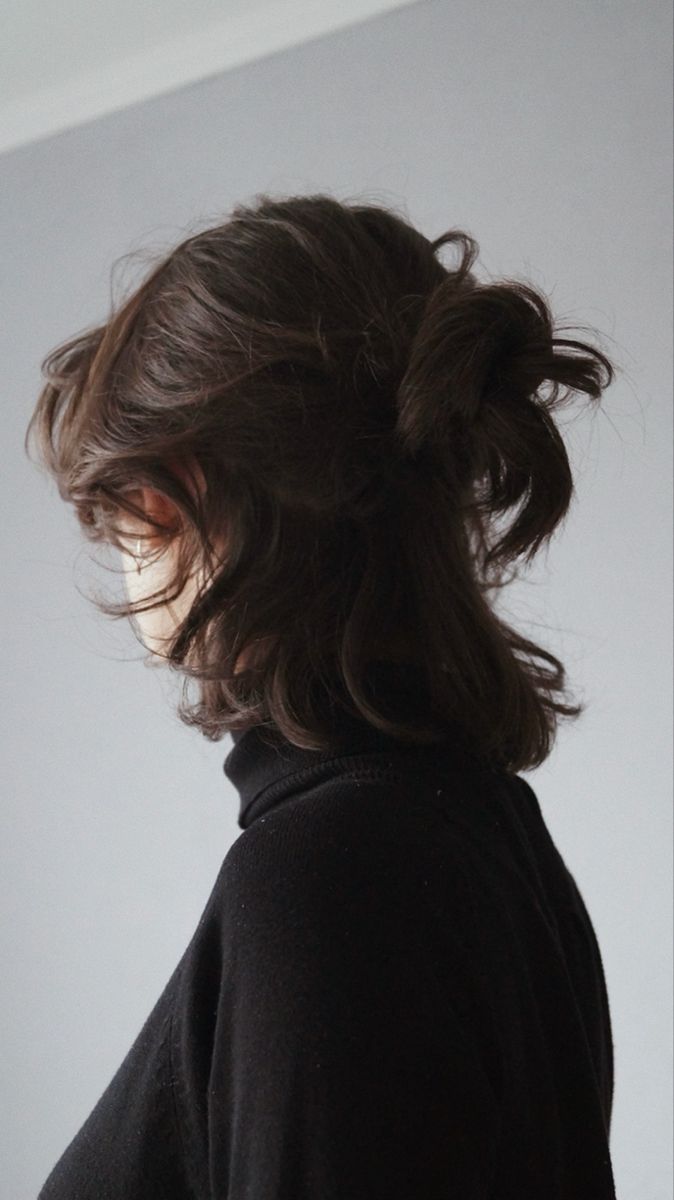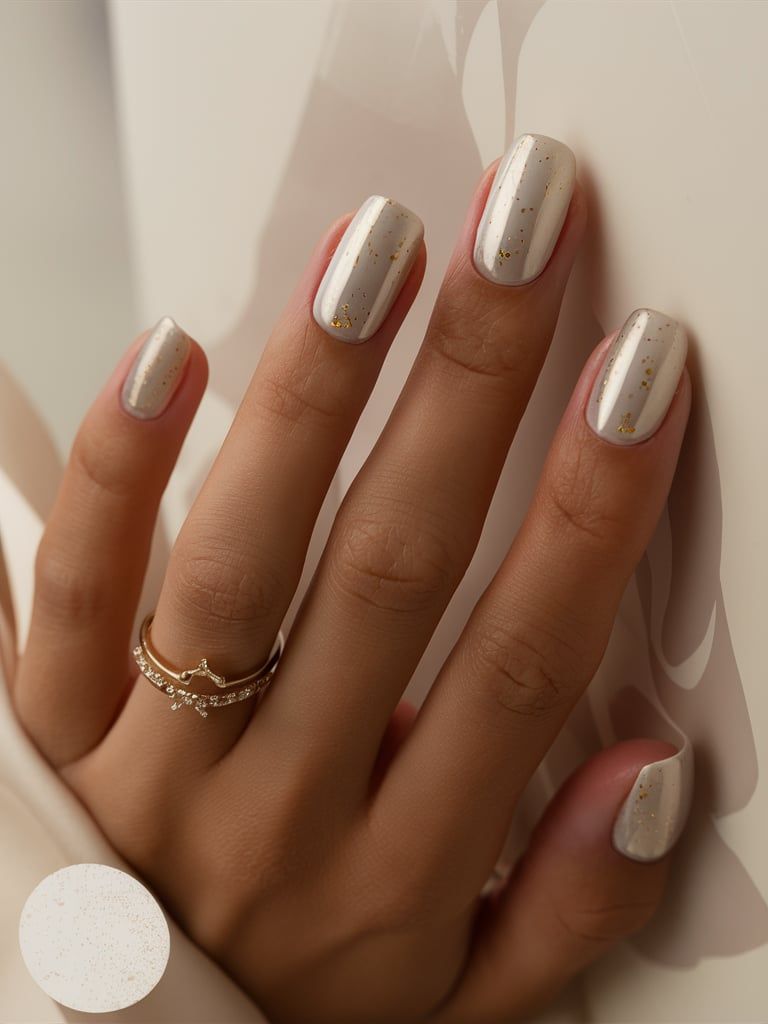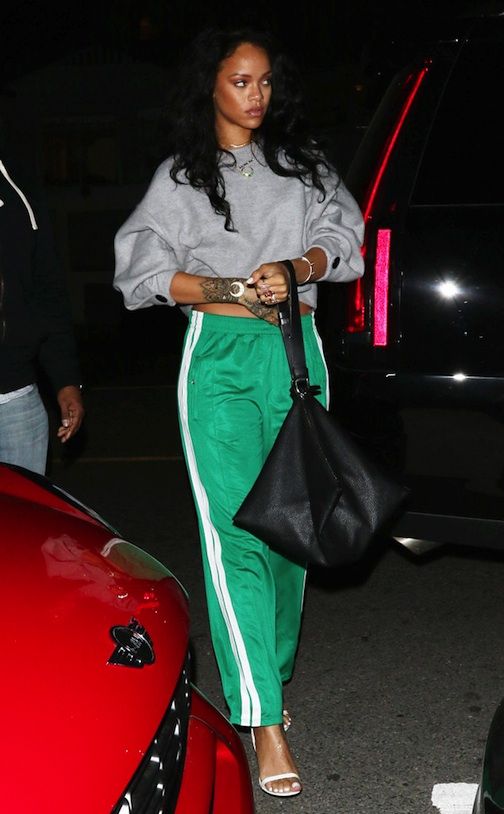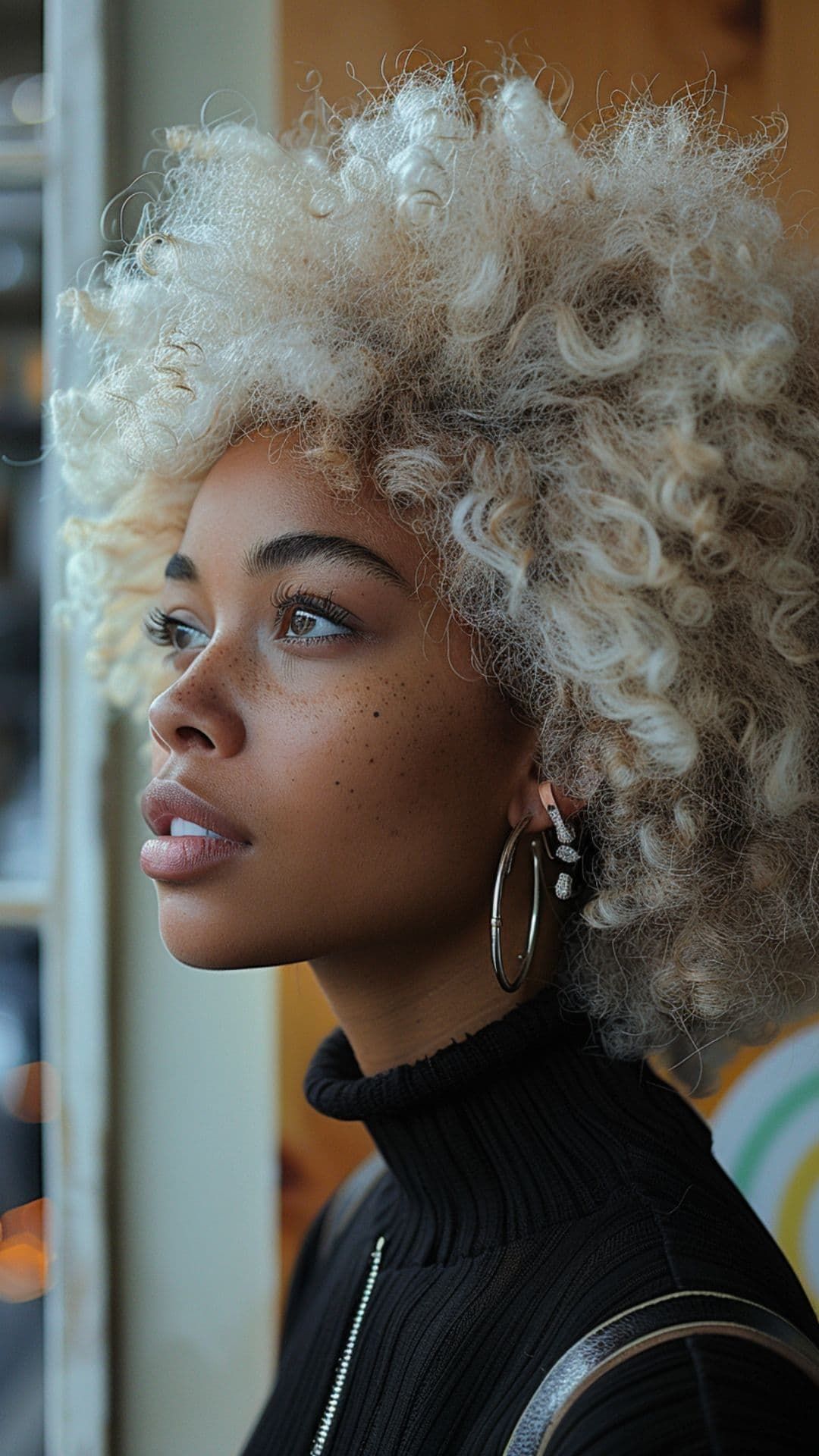Long hair has traditionally been associated with femininity in many cultures around the world. However, in modern times, there has been a shift in societal norms and expectations when it comes to hair length and gender identity. Today, a broad spectrum of haircuts exists, and people of all genders are free to express themselves through their hair in whatever way they choose. Despite this progress, there is still a lingering opinion that long hair equals femininity. Let’s explore this idea and debunk the myth that hair length is tied to gender.
### The History of Long Hair and Femininity
Throughout history, long hair has been seen as a symbol of femininity and beauty. In many ancient civilizations, including Egypt, Greece, and Rome, women were expected to have long hair as a sign of their femininity and obedience to societal norms. Long hair was often associated with fertility, sexuality, and the nurturing qualities of women.
### Gender Stereotypes and Hair Length
In contemporary society, gender stereotypes regarding hair length still prevail. Long hair is often seen as a feminine trait, while short hair is considered more masculine. These stereotypes can be limiting and harmful, as they reinforce traditional gender norms and restrict individuals from expressing themselves authentically.
### Breaking the Stigma
It’s important to recognize that hair length does not determine a person’s gender identity or expression. Anyone, regardless of their gender, should be free to choose the hairstyle that makes them feel most comfortable and confident. Whether someone prefers long, short, or medium-length hair, their choice should be respected and celebrated.
1. Long hair can be a sign of femininity, but it is not exclusive to women.
2. Gender identity is not determined by hair length.
3. Everyone should have the freedom to express themselves through their hairstyle.
### Embracing Diversity
The beauty of the modern world is that there is no one-size-fits-all definition of femininity or masculinity. People are free to express themselves in whichever way feels most authentic to them, including through their hair. Embracing diversity in hair length and style is a step towards breaking down gender stereotypes and promoting inclusivity.
### Changing the Narrative
It’s time to challenge the notion that long hair equals femininity. By celebrating all types of hairstyles and embracing individual expression, we can create a more inclusive and accepting society. Whether someone chooses to rock a buzz cut, a pixie cut, or waist-length locks, their hair should be seen as a personal choice and not a reflection of their gender.
1. Long hair does not define femininity.
2. Personal expression should be celebrated, regardless of hair length.
3. Society should move towards inclusivity and acceptance of all hairstyles.
### Conclusion
In conclusion, long hair has long been associated with femininity, but it’s important to recognize that this stereotype is outdated and limiting. People of all genders should have the freedom to express themselves through their hair in whatever way they choose. By challenging gender stereotypes and embracing diversity in hair length and style, we can create a more inclusive and accepting society for all. Let’s celebrate individual expression and break free from the notion that long hair equals femininity.
You can review our digital products by following us on Etsy.





